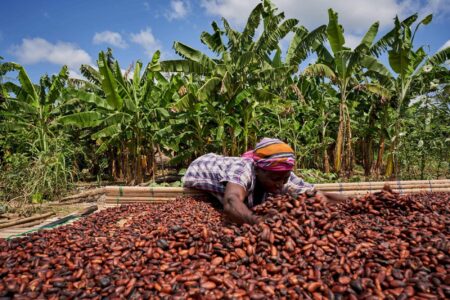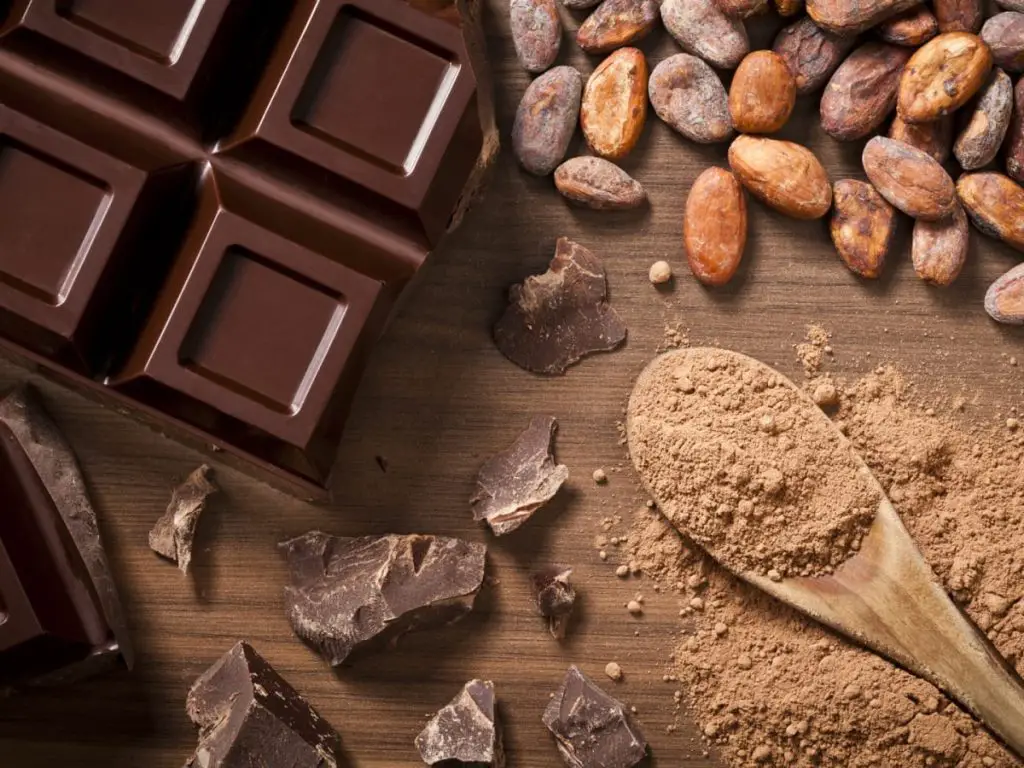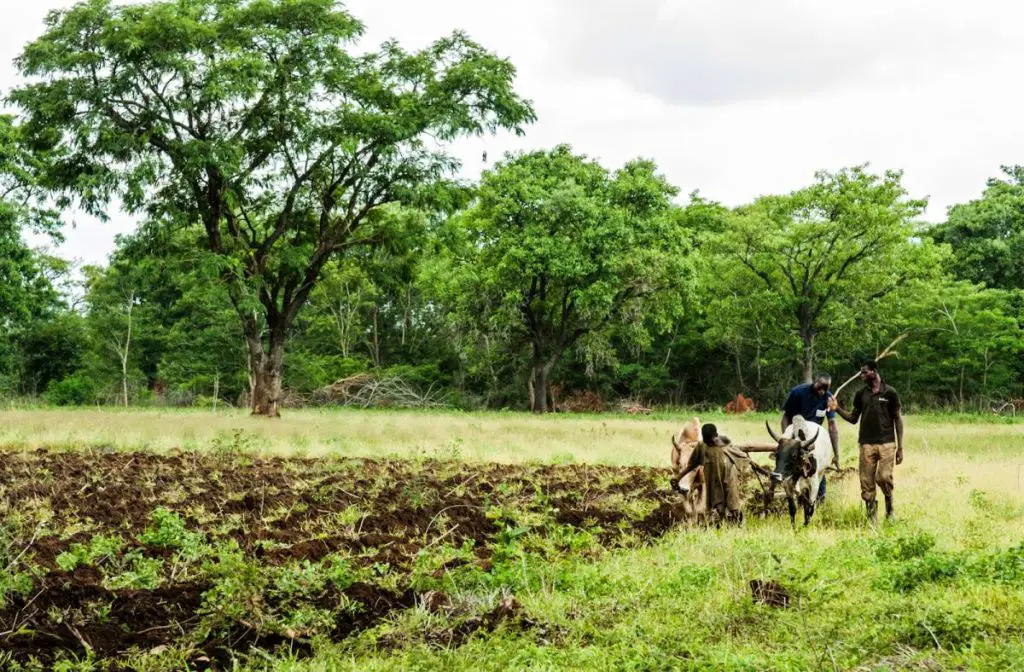Trending
- ‘Perfect storm’ in South Sudan demands urgent action – UN
- Kenya’s green gold rush that clean energy investors can’t ignore
- Mining diplomacy: Will the US exploit DRC’s critical minerals?
- Zoned for impact: How a cross-border Special Economic Zone is powering Africa’s green switch
- AIM Congress 2025: UAE’s tolerance conference aims to fix a fractured world
- AfDB’s $10Bn lifeline: Can smallholder farmers finally escape poverty?
- Juba on edge: Is South Sudan the next failed state?
- Kakuzi PLC slips into the red after Red Sea crisis, forex losses








